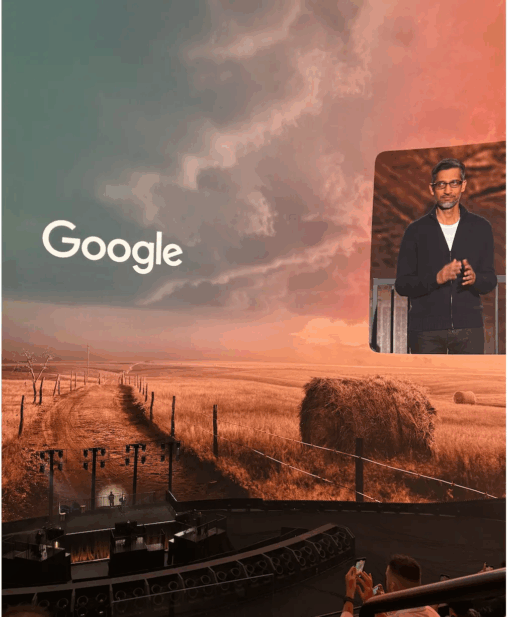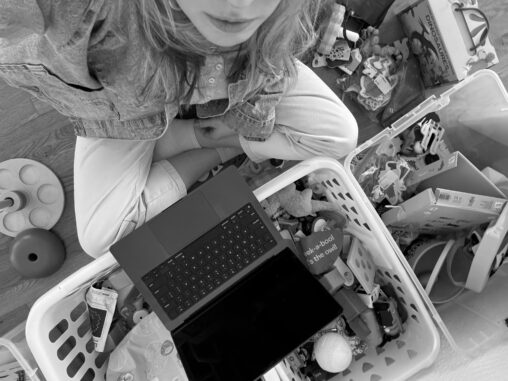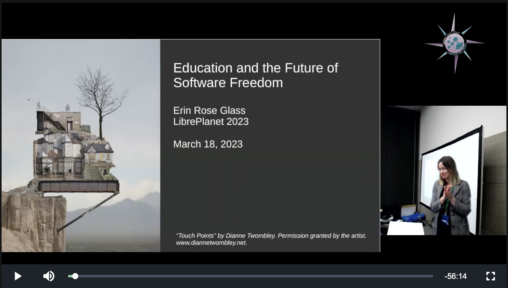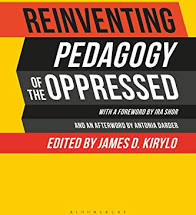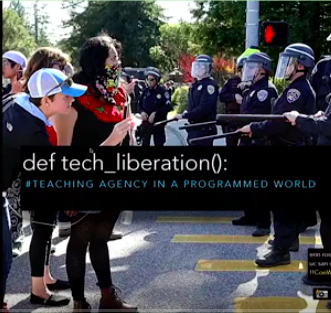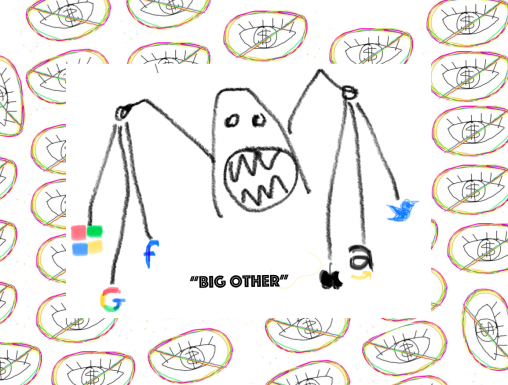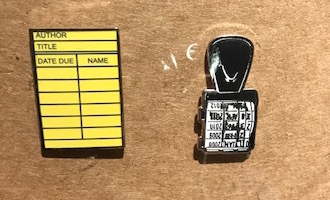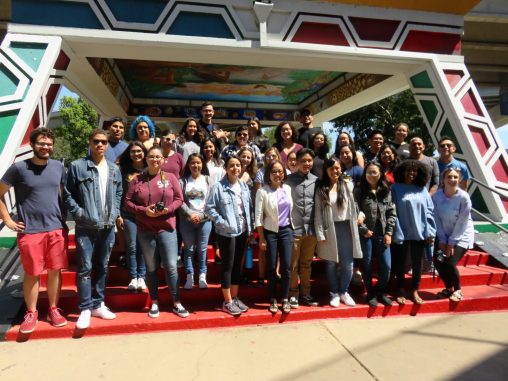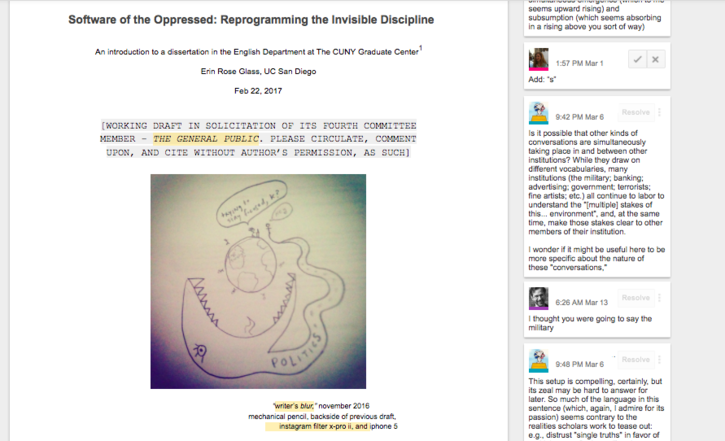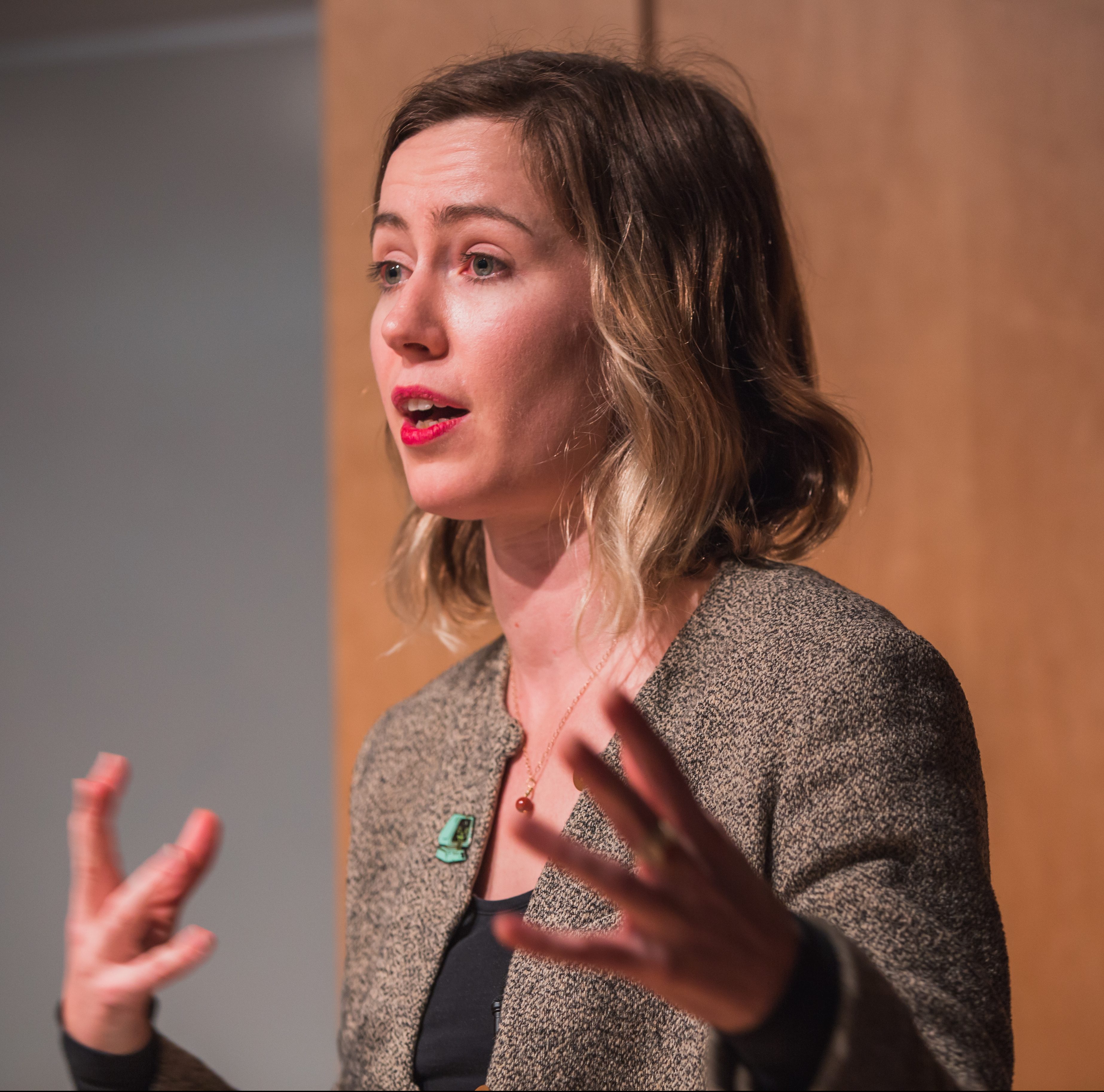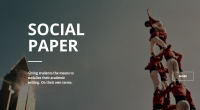I have a long-term, on-again-off-again, troubled relationship with poetry. When it’s good with her, it’s amazing. My brainflubbers tingle like firecrackers, my heart hyperbolically hiccups, and the raw,…
I am a researcher and educator focused on open source software, digital infrastructure, and critical approaches to new technologies. I received my PhD in English from The CUNY…
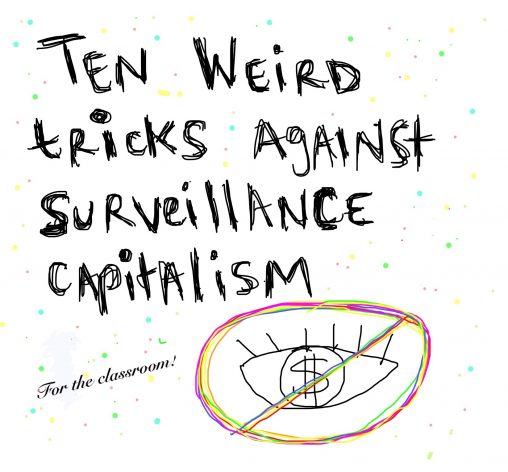
Ten weird tricks for resisting surveillance capitalism in and through the classroom . . . next term!
(Cross-posted on HASTAC) Greetings, educators! Are you watching in sheer terror as BigTech’s four horsemen Surveillance, Exploitation, Manipulation, and Cataclysmic Hubris gallop wildly down the information superhighway, downloading…
What happens when you invite the public to review your messy dissertation drafts? About four months ago, I launched #SocialDiss, an experimental project in which I’ve committed to “socializing”…
